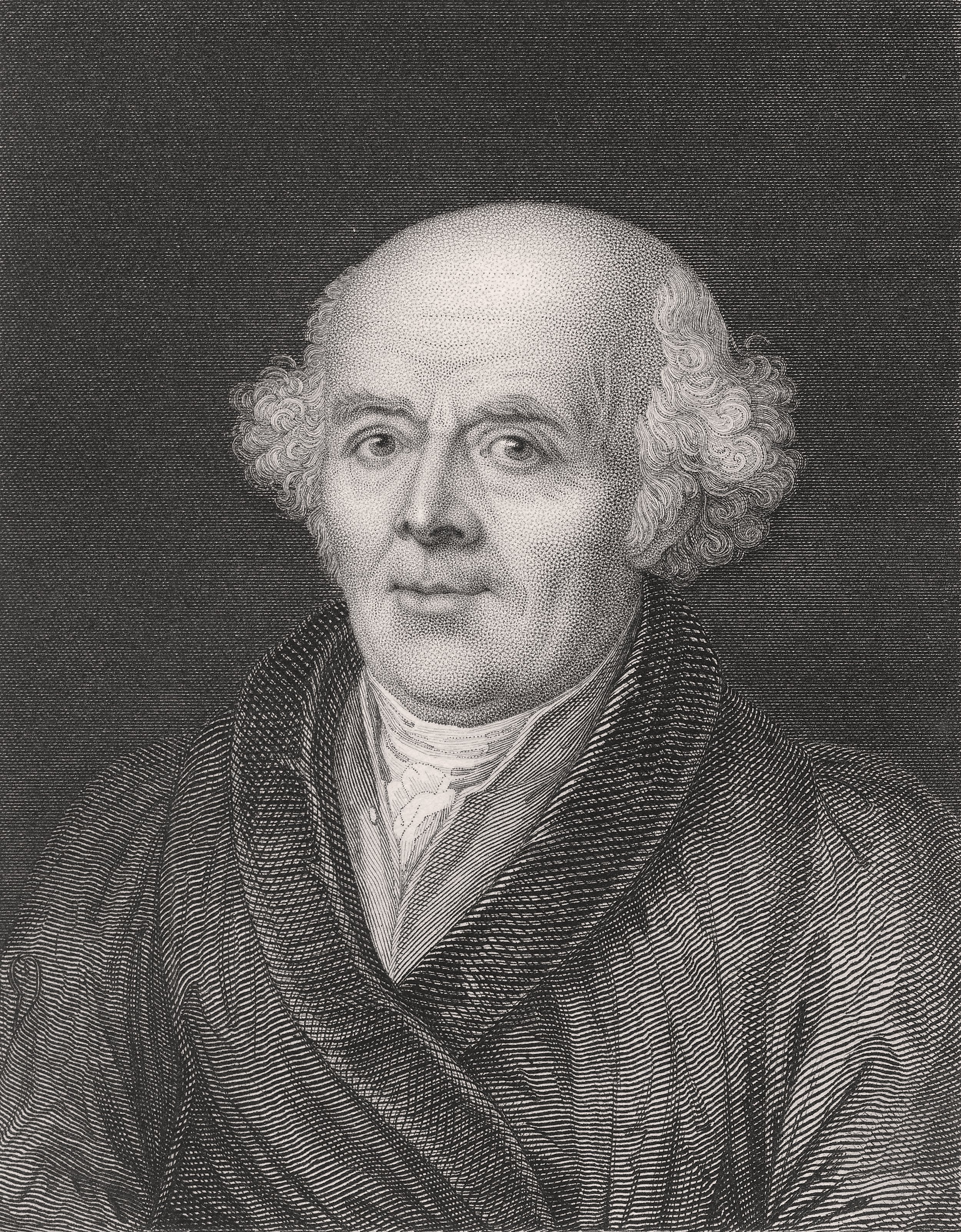The History of Homeopathy: A Journey Through Time
Homeopathy is a fascinating branch of holistic medicine with a rich history spanning over two centuries. Its origins, development, and principles intrigue practitioners and patients worldwide. Let's explore the journey of homeopathy from its inception to its role in modern wellness practices.
The Birth of Homeopathy
Homeopathy was founded in the late 18th century by Dr. Samuel Hahnemann, a German physician dissatisfied with the harsh medical practices of his time, such as bloodletting and purging. In 1796, Hahnemann articulated the fundamental principle of homeopathy: "similia similibus curentur" or “like cures like.” This principle suggests that a substance causing symptoms in a healthy person can, in highly diluted forms, treat similar symptoms in a sick person.
Early Experiments
Hahnemann's discovery was rooted in his experiment with cinchona bark, which is known to treat malaria. After consuming the bark himself, he experienced malaria-like symptoms, leading to his theory of similars. Over the next several years, he conducted experiments on himself and volunteers, meticulously documenting the effects of various substances—a process now called "proving."
The Spread of Homeopathy
Homeopathy quickly gained popularity in Europe and the United States during the 19th century. By the late 19th century, most hospitals in the United States were homeopathic hospitals, reflecting its widespread acceptance. It offered a gentler alternative to conventional medicine, focusing on individualized treatment and natural remedies. By the mid-1800s, homeopathic hospitals, colleges, and pharmacies were established across Europe and America. Prominent figures, including European royalty and influential thinkers, endorsed its effectiveness, further cementing its reputation.
Challenges and Resilience
The rise of modern medicine in the 20th century posed significant challenges for homeopathy. The Flexner Report of 1910, which redefined medical education in the United States, also played a crucial role in the decline of homeopathy. Emphasizing biomedical approaches and standardizing medical curricula marginalized homeopathic institutions and led to the closure of many homeopathic schools. The American Medical Association (AMA) played a significant role in pushing out homeopathy by systematically opposing homeopathic practitioners and institutions. This, combined with advances in pharmaceuticals and surgery, overshadowed holistic approaches, leading to a decline in its mainstream acceptance. Advances in pharmaceuticals and surgery overshadowed holistic approaches, leading to a decline in its mainstream acceptance. However, homeopathy persisted, upheld by dedicated practitioners and patients who valued its principles and effectiveness.
Homeopathy Today
In recent decades, homeopathy has experienced a resurgence as part of the broader movement towards natural and integrative medicine. People seeking alternatives to conventional treatments appreciate homeopathy’s personalized approach and emphasis on the body’s innate ability to heal. Homeopathy is now practiced in over 80 countries, with millions of users worldwide. According to estimates by the World Health Organization, approximately 500 million people use homeopathy globally, making it one of the most widely practiced forms of alternative medicine.
Core Principles of Homeopathy
Homeopathy is built on three main principles:
Like Cures Like: The foundation of homeopathy, this principle underscores the use of remedies that mirror the symptoms they aim to treat.
The Minimum Dose: Remedies are prepared through a process of dilution and potentization, ensuring safety while stimulating healing.
Individualized Treatment: Homeopathy recognizes that each person’s symptoms are unique, tailoring treatments to the individual.
Conclusion
From its humble beginnings with Dr. Hahnemann’s experiments to its global presence today, homeopathy has carved a unique path in the world of medicine. Its emphasis on natural, individualized care continues to resonate with those seeking a holistic approach to health and well-being. As we honor its history, we look forward to the continued evolution and integration of homeopathy into modern healthcare.

